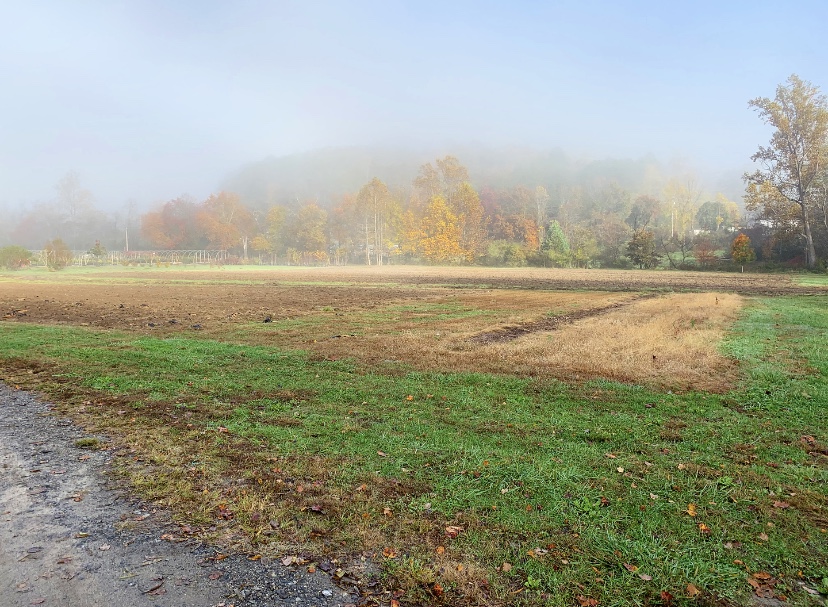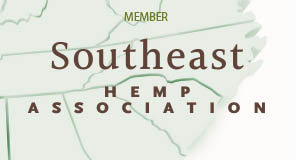It’s that time of year again- the leaves are turning beautiful fall colors and there’s a chill in the air. Those are some of our favorite things, as well as our signals to prepare for winter and plant cover crops in the field.
Cover crops are specific plants that are grown primarily for the benefit of the soil. They can be used to suppress weeds, manage erosion, help build soil fertility, promote biodiversity, and even prevent future pests or disease. Typically farmers use grasses or legumes, but other green plants are sometimes used as well.
Cover crops are an important part of sustainable agriculture as they can be used in place of chemical fertilizers or pest control. They also serve different purposes in the summer and winter seasons. In the summer, cover crops are used to fill space during crop rotations and suppress weeds. In the winter, they hold the soil in place, provide ground cover, and adjust nitrogen levels. It may seem odd to grow crops in the winter, but it’s best not to have a field where nothing is growing. As our one of our employees McRae puts it,”you can think of the field like a cast iron skillet- the more you cook in it, the more seasoned it becomes. When the soil stays active, you have a healthier field all around.”
This season we will be planting winter wheat, which lasts longer than some other crops, growing into the spring. It has deep tap roots which break up and aerate the soil, and can greatly reduce erosion from wind and rain. Winter wheat can also be used in home gardening to reduce damage to the soil structure from weeding.
We’ll also plant Austrian winter peas, a low growing vine legume sometimes called a black pea or field pea. This plant helps put nitrogen back into the soil, and much like tomatoes, hemp crops love nitrogen.
Looking ahead to spring, we are considering using mustard as a cover crop in the field. It’s great for pest control because of its high levels of glucosinolates, a natural biofumigant. We’ll keep you updated as the leaves start appear back on the trees.
Of course, everything we plant to cover crop will be certified organic, so we can continue to provide the highest quality hemp products possible. Check out our organic hemp products at https://greenriverbotanicals.com/shop/ and enjoy this gorgeous fall season!
More resources:
https://www.thespruce.com/definition-of-cover-crop-3016953
https://www.gardeningknowhow.com/edible/grains/cover-crops/growing-winter-wheat.htm


